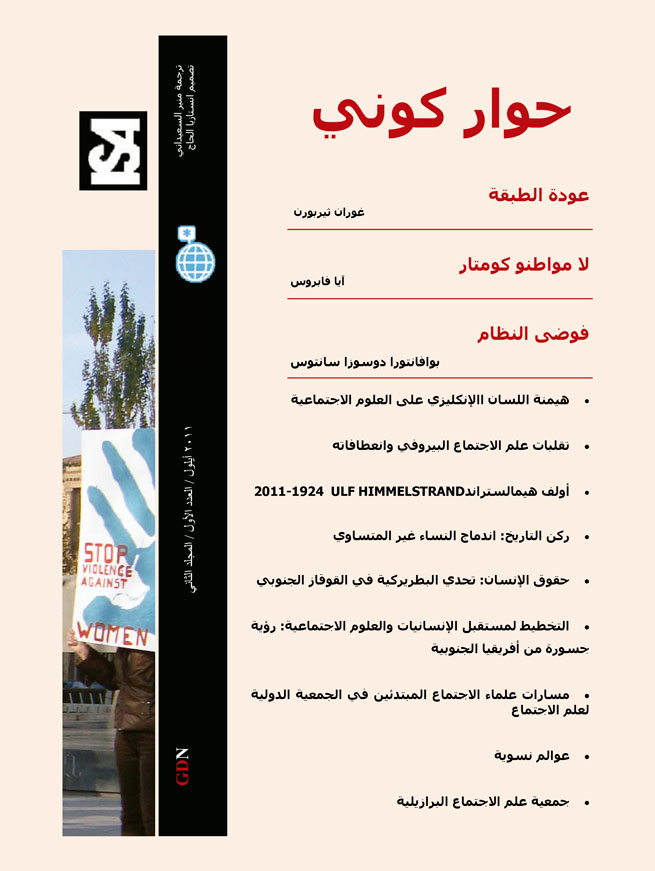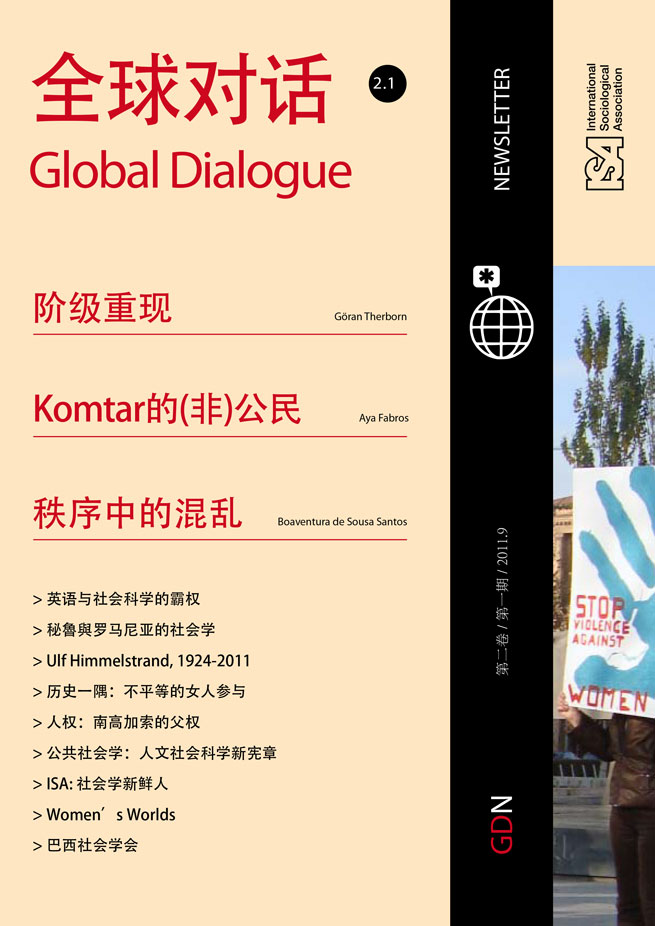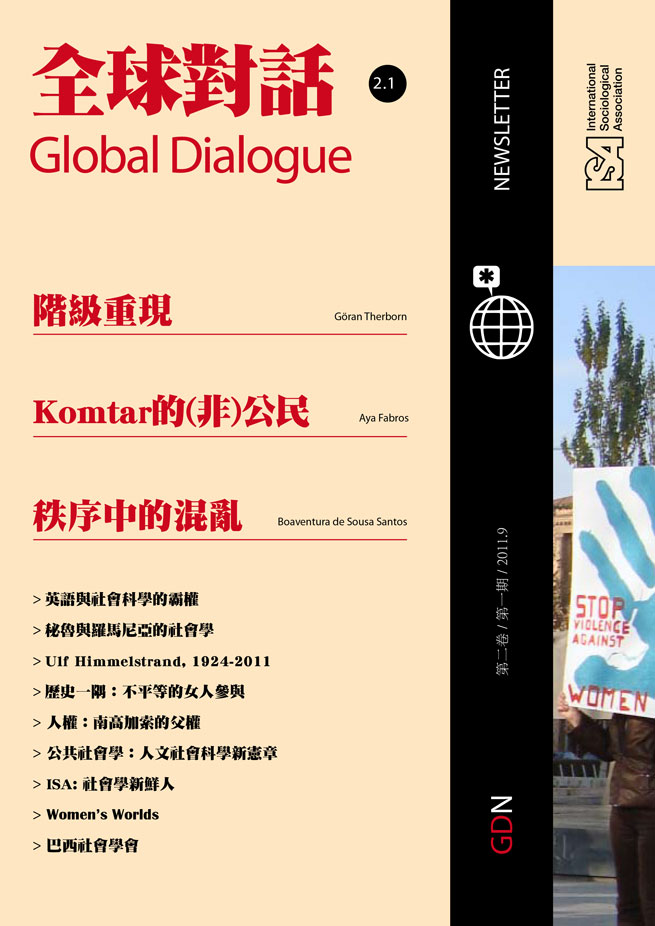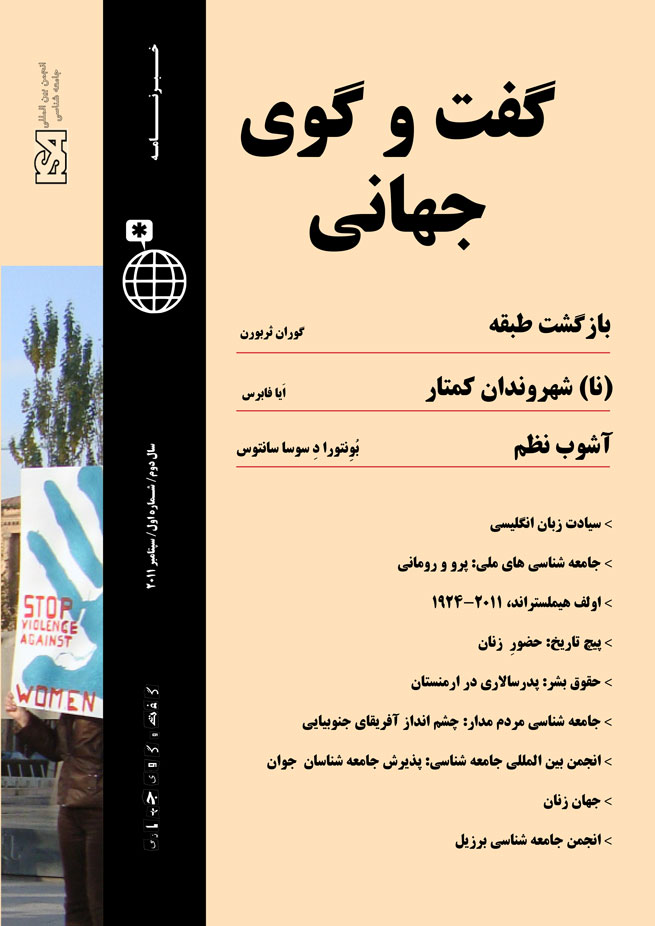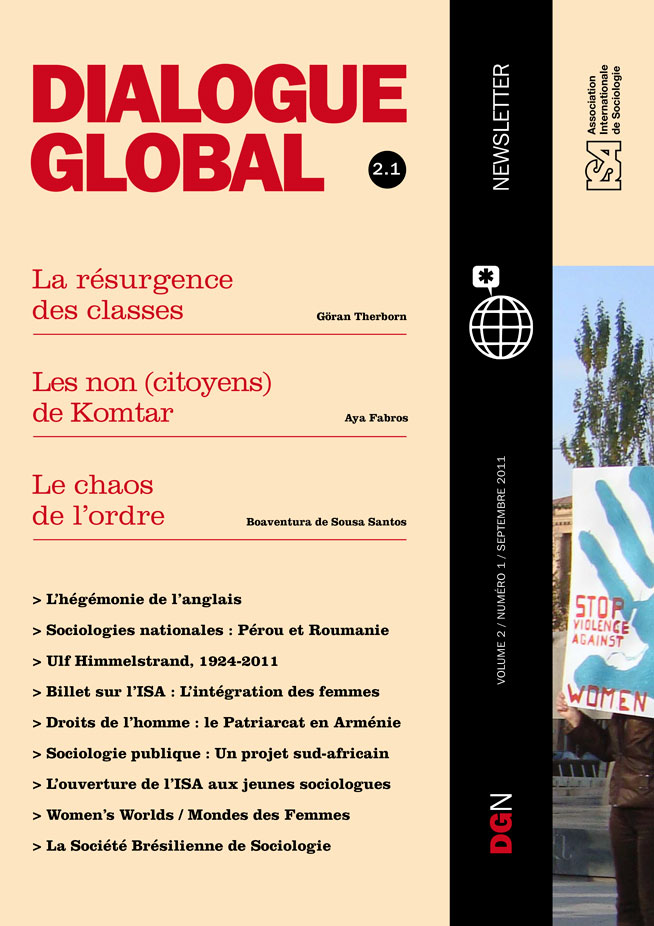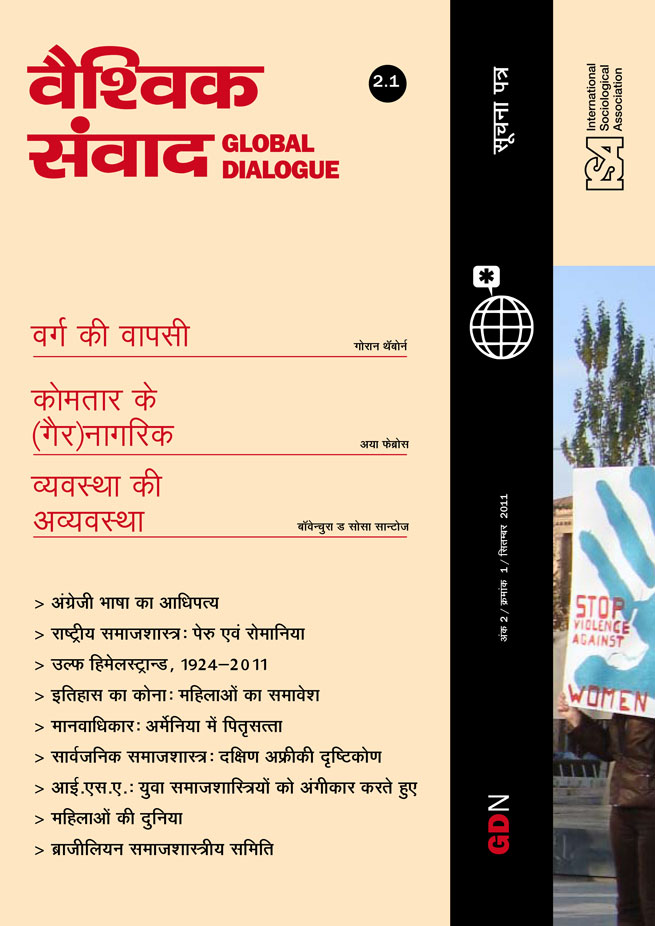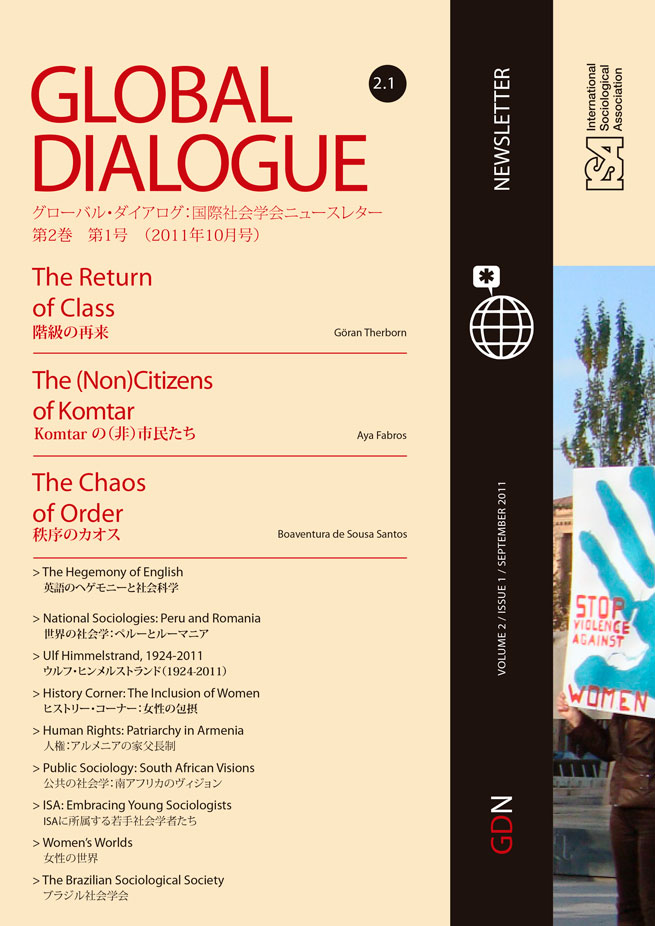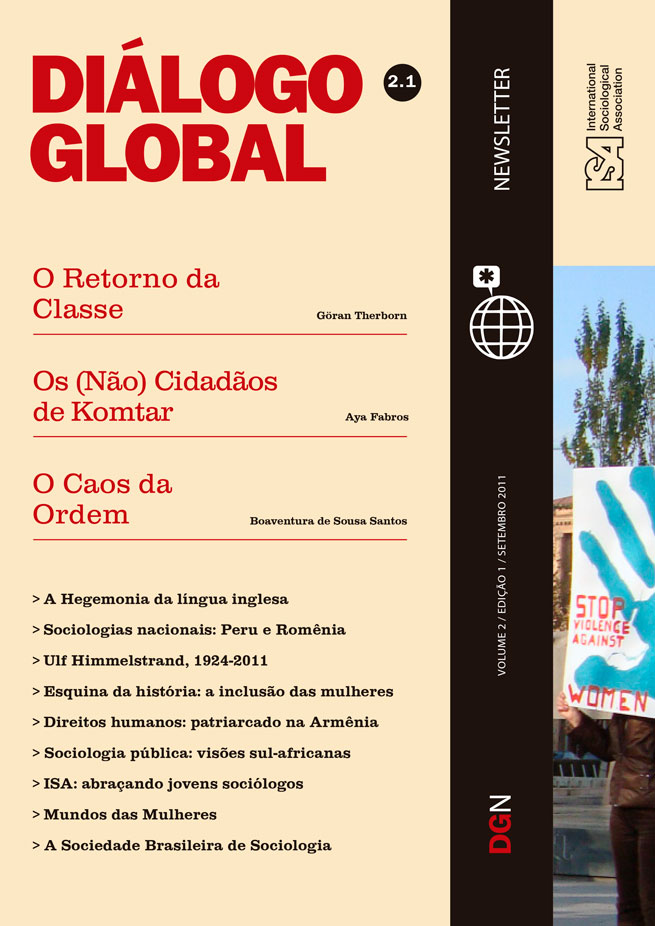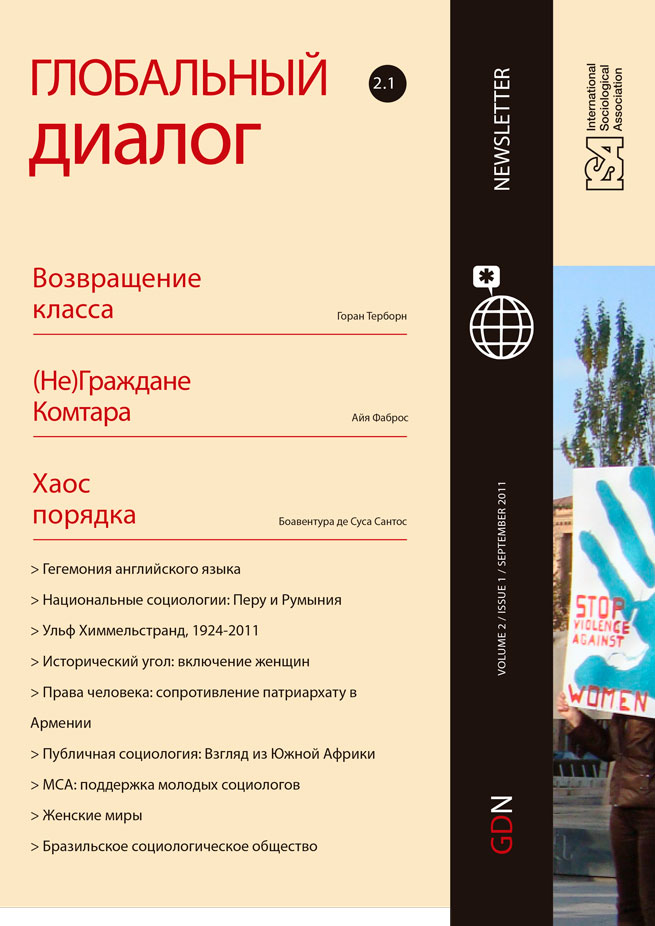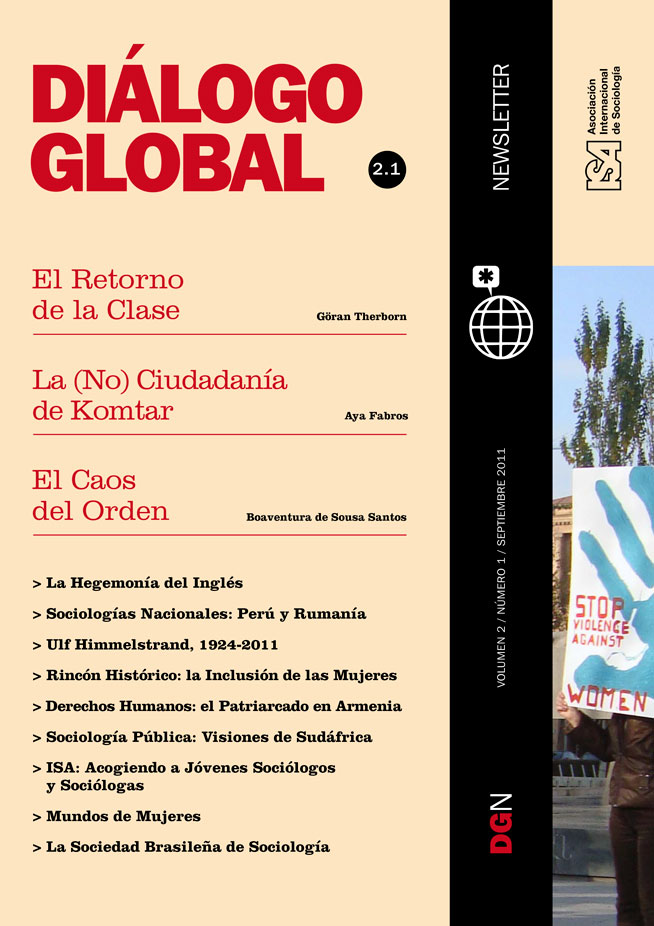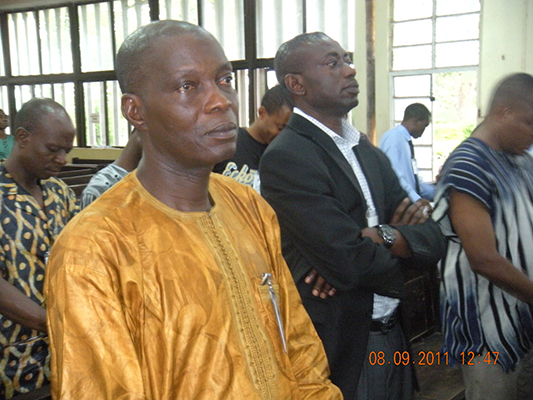Read more about In Memoriam
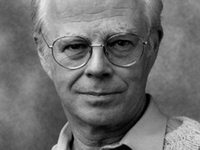
A Personal Tribute to Ulf Himmelstrand
by Margaret Archer
September 30, 2011
Ulf Himmelstrand (1924-2011), the father of sociology in Nigeria is dead. Himmelstrand, 87, died on June 8 in his hometown, Uppsala, Sweden. Himmelstrand was born, and much of his childhood was spent, in India, where his father was a missionary for the Church of Sweden, though some of his schooling was in Sweden. This inevitably gave him a somewhat marginal status in both countries. The chance of academic decisions then took him to other foreign settings and ones where major social disruptions were evidently under way – in Nigeria during the Biafran War, and in California at the height of the student revolution of the 1960s. These experiences surely affected his sociology.
As a budding scholar, Himmestrand concluded his PhD thesis on ‘‘Social pressures, attitudes and democratic processes” in 1960. Until this achievement, he was a lecturer at the University of Uppsala where he became an Assistant Professor (1960-1964) and was later appointed the pioneer Head of Department and Professor at the University of Ibadan, Nigeria.
Until Nigeria’s Independence in 1960 and for a few years afterwards, the profession of Sociology in Nigeria was miniscule. It was not much more than courses in colonial social anthropology taught at the University of Ibadan and the University of Nigeria, Nsukka. Among the bold strategies for raising the University of Ibadan to world-class standards by the great Kenneth Dike, first Vice-Chancellor of the University of Ibadan, was his plan to decolonize social anthropology and usher standard Sociology into the University. Working with a team from the Rockefeller Foundation, Kenneth Dike recruited a 40-year-old Swedish sociologist with a formidable name of Ulf Himmelstrand as the first Head of a full-fledged Department of Sociology at the University of Ibadan.
Before his arrival in August 1964, he had carved a niche for himself with research in Sri Lanka and Sweden. He arrived in Ibadan to meet two excellent scholars, Francis Olu Okediji and Albert Imohiosen. They were joined by Ruth Murray, a British social anthropologist, and Paul Hare, an American social psychologist. He took over from Peter Lloyd who headed the sub-department until 1960 when Sociology was created out of the Department of Economics. He laid the foundation for excellence in the pursuit of sociological scholarship. Himmelstrand had Peter Ekeh and Stephen Imoagene (now renowned Professors) as his first postgraduate students.
Ulf Himmelstrand attracted more students to study Sociology. He decolonized the curriculum leading to a mainstream sociology that was far more respectful of Nigeria’s cultures. Right from his first year at Ibadan, Ulf Himmelstrand brought to the University what most excites a University administration: an international research program and a handsome funding to match. In the ‘Summer’ (long vacation) of 1965, the Department of Sociology hosted an international workshop on research on political culture that brought to Ibadan famed social scientists from the US, Latin America, Europe and Asia, including the leaders of the research program: Sidney Verba (Stanford University) and Robert Sommers (University of California, Berkeley). The Nigerian section of that research was headed by Himmelstrand and was the first large-scale social science research in Nigeria. Its fieldwork covered all the regions of the country in 1965-67. Happily, this tradition of large-scale research has survived in the Department of Sociology at Ibadan.
He was able to mentor several young scholars (then) who are now renowned the world over. Professors Peter Ekeh, Stephen Imoagene, Ekundayo Akeredolu-Ale, Samson Oke, Simi Afonja, Adesuwa Emovon, Martin Igbozurike, and Layi Erinosho were the first set shaped by this erudite Swede. Professors Adigun Agbaje and Eghosa Osaghae were able to work with him later in the production of a book African Perspectives on Development (1994).
He made a great impact in his chosen field as a foremost sociologist. He was the President of the International Sociological Association (ISA) (1978-82) and ensured that the World Congress of the ISA be held in his hometown, Uppsala, in 1978.
He was until his death, an Africanist, a theorist, a positivist and to some extent, a Marxist with a focus on social psychology. Himmelstrand was an accomplished scholar. He touched many lives and influenced the world. In 1989 he became Emeritus Professor of Sociology at the University of Uppsala. He was buried on July 12, in his hometown. May his soul rest in perfect peace.
Ayodele Samuel Jegede, Professor and Head, Department of Sociology, University of Ibadan, Nigeria, and ISA Member
This issue is not available yet in this language.
Request to be notified when the issue is available in your language.
If you prefer, you can access previous issues available in your language:
